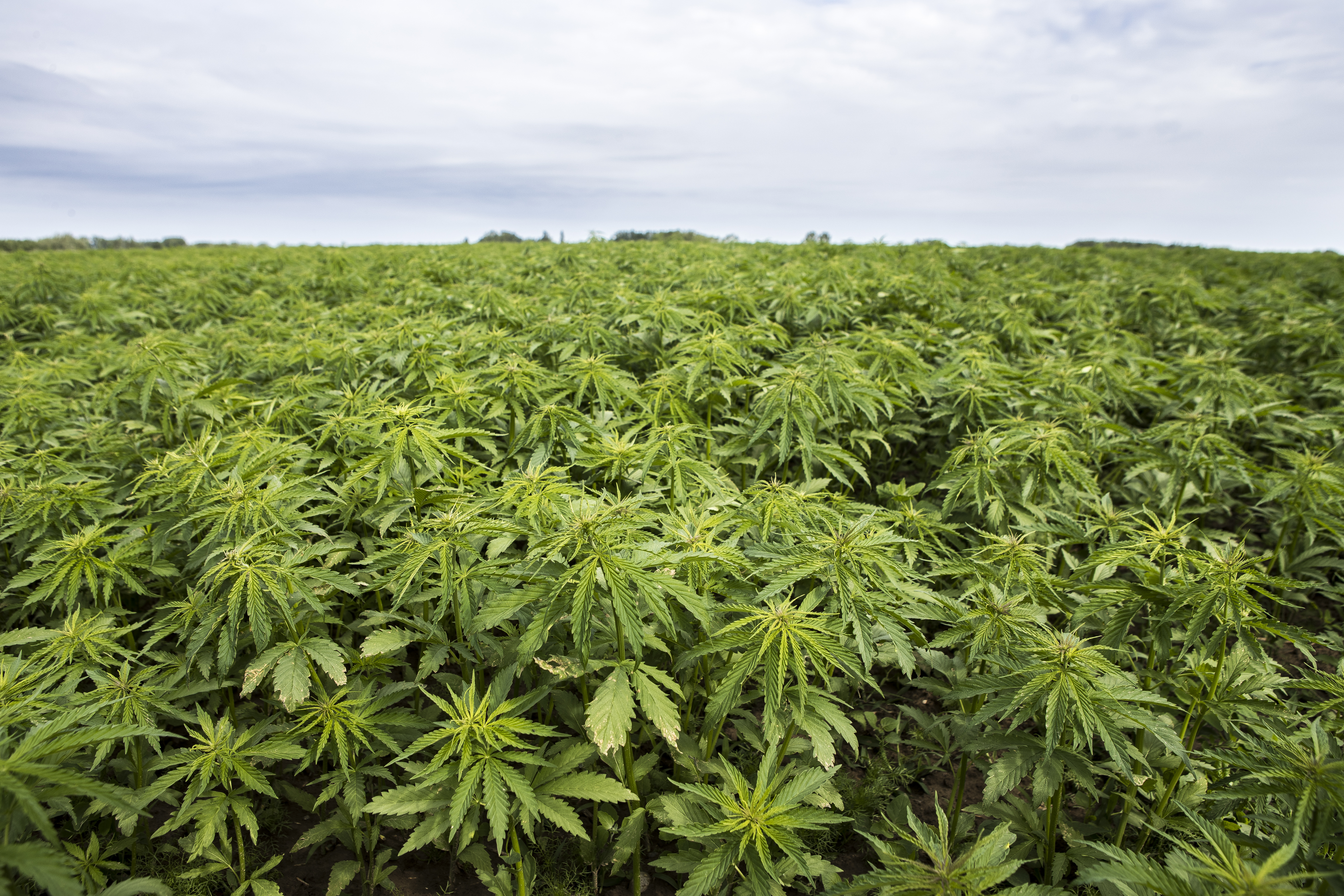
You could say that North Carolina has a green thumb.
Agriculture is an $87 billion industry for the Tar Heel State. It ranks among the top 10 in terms of national production. And agriculture remains NC’s biggest economic driver, employing 17% of the state’s workforce.
North Carolina is really good at growing things.
There are more than 52,000 farms across the state, representing 8.5 million acres of farmland. North Carolina produces more than 150 commodities, including sweet potatoes, tobacco, Christmas trees and strawberries.
You might think growing hemp would be a no-brainer. A slam dunk. Easy pickings.
After all, the state’s moderate climate is ideal for the sturdy crop. Market demand is growing and hemp has hundreds of uses.
But the path for industrial hemp farmers in North Carolina has been anything but clear.
Guilt by Association
Hemp’s biggest hurdle has been its psychoactive botanical cousin, marijuana.
While hemp may be a dead ringer for marijuana, it does not have the same effects. The concentration of THC (the substance in marijuana that gets you high) in hemp is significantly lower.
Hemp is more of multi-purpose plant, with a staggering resume of uses and long history as a practical cash crop.
But hemp’s “guilt by association” is hard to shake. It doesn’t help that police dogs can’t tell the difference between the illegal drug and a plant used to make paper, rope and soap.
Legalized… for now?
Currently, hemp production has been legalized in North Carolina.
But there are LOTS of footnotes and fine print that come with that designation of “legal.”
Industrial hemp seed is considered a Schedule 1 narcotic substance by the U.S. Drug Enforcement Administration.
North Carolina allows hemp production under the Industrial Hemp Pilot Program authorized in 2014. If you want to grow hemp, you still need to apply for a license from the N.C. Department of Agriculture and Consumer Services (NCDA&CS).
Since 2014, there have been extensions, rewrites and temporary rules added to the pilot program. But the bottom line is that a lot of federal and state review needs to be agreed on before the official hemp flags can fly for good in North Carolina.
The NC Industrial Hemp Pilot Program ends on October 31, 2020 and nobody can say for sure what happens on November 1.
There may be greener pastures ahead for North Carolina farmers, but there are lots of regulatory hoops to jump through to get there.
If you’re interested in becoming an industrial hemp producer—or just keeping up with the latest news—here are the best places to start:
And here's a handy infographic on industrial hemp. Just scroll down to view or click on the image for a downloadable/shareable PDF version.
These Stories on North Carolina
No Comments Yet
Let us know what you think